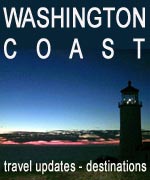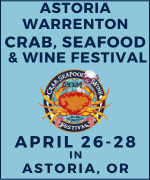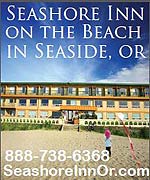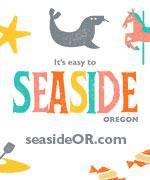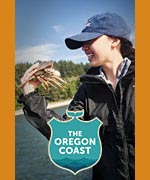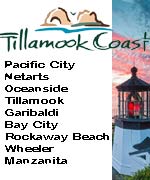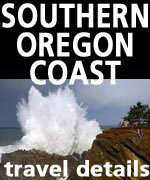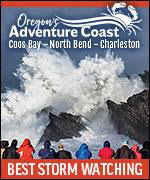 |
Officials: Stop 'Fawn-Napping' from Oregon's Inland, Coastal Forests
Published 06/27/2015 at 5:34 PM PDT
By Oregon Coast Beach Connection staff
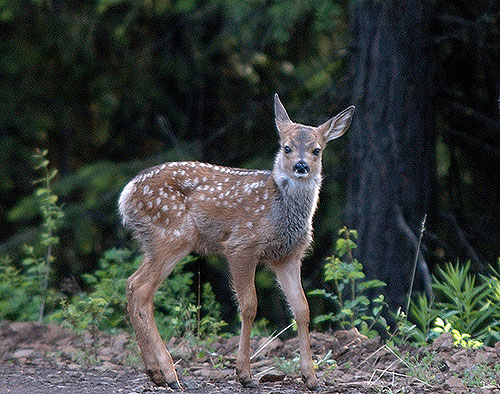
(Oregon Coast) – Much like the temptation to help a stranded baby seal on the Oregon coast, trying to help a newborn fawn found by itself in the woods is an equally bad idea. State wildlife officials say that while picking up one and taking it home to care for it might seem like the right thing to do. But ODFW wildlife biologists call it “fawn-napping” - and OSP calls it a violation of wildlife laws which prohibit taking animals out of the wild, transporting them or keeping them at home.
Across Oregon, ODFW district offices and wildlife rehabilitators have fielded dozens of calls in recent weeks urging people to think first and not pick up fawns (or elk calves, baby seals, cougar or bobcat kittens, bear cubs, fledgling birds, or other young wildlife born in spring.) In several cases, people have been advised to put fawns back where they found them. A few fawns have gone to a licensed wildlife rehabilitator. One fawn had to be euthanized due to malnutrition and its overall poor condition.
Western Oregon’s black-tailed deer give birth in early June. Similar to many wild species, they will leave newborn fawns alone for several hours or even the better part of a day while off foraging. They will return to collect their fawn and feed it, provided they sense no danger.
“Never assume a fawn or other young animal found hiding, standing or wandering alone in the wild is orphaned,” says Herman Biederbeck, ODFW district wildlife biologist in Tillamook. “Give young wildlife a wide berth and leave them alone. The parent animal will return to collect their offspring when humans aren’t around and they feel safe.”
“Only if you see the parent animal dead should you assume a young animal is orphaned,” he continued. “Then call ODFW, OSP or a wildlife rehabilitator to get guidance and assistance on what to do with the animal before you touch it.”
Most fawns collected by good Samaritans this time of year are not orphaned, and removing them from the wild complicates their chances for survival and a long life in the wild. These fawns will miss the chance to learn important survival skills from their parent like where to feed, what to eat, how to behave as part of a group and how to escape from predators.
“Nothing humans do can substitute for the natural learning experience life in the wild provides,” says Colin Gillin, ODFW wildlife veterinarian. “Research has shown that rehabilitated fawns have lower survival than their wild-raised counterparts The fawns that have the best chance of a long life learn life skills from a parent animal.”
However, fawns that are truly orphaned and picked up in the first week or two of life will only survive under the care of a licensed wildlife rehabilitator with specialized knowledge and facilities to provide appropriate care. Rehabilitators working with fawns and other wildlife try to use methods that limit human interaction and mimic the animal’s natural lifestyle as much as possible, so the animal has the best chance of survival when returned to the wild.
ODFW has also been successful in placing known orphaned week-old fawns with wild foster does that have similar-aged offspring. Under the right circumstances, mother does will foster fawns that aren’t their own. ODFW veterinarians have found that later in the summer as the fawns get older in age, it becomes more difficult to integrate the animal into established doe/fawn groups, particularly fawns that have been held by humans and are habituated and lack normal fawn behaviors. Biologists have also observed that older fawns that become orphaned in late summer have learned enough skills from their parent animal to survive their first winter and become a wild and vital part of Oregon’s wildlife community.
“The bottom line is that the best way to help young wild animals is to leave them alone in the wild and give them the space to learn, live, and grow,” said Gillin.
For more information on how to help young wildlife, visit Living with Wildlife. Baby seal photos below by Seaside Aquarium.
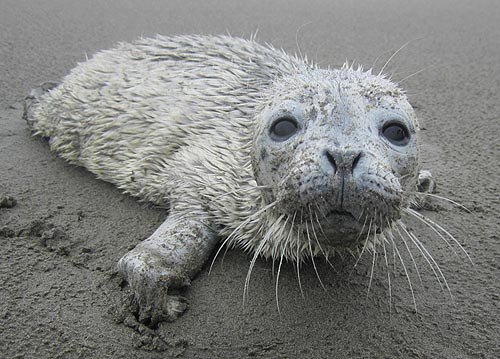
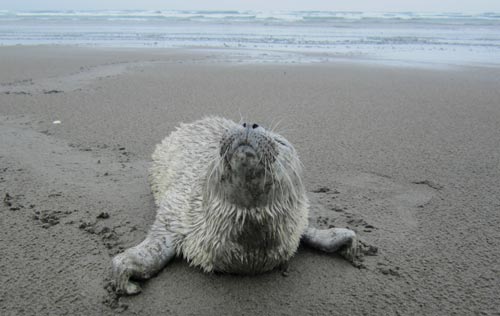
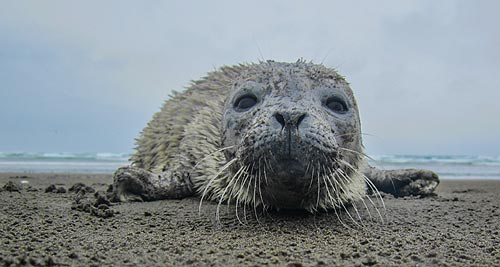
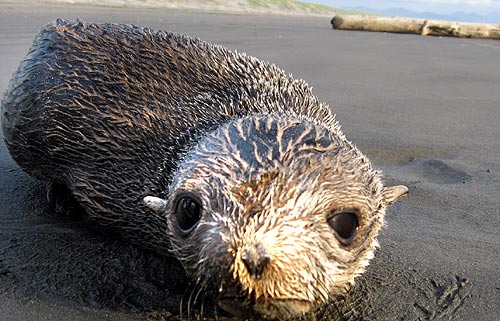
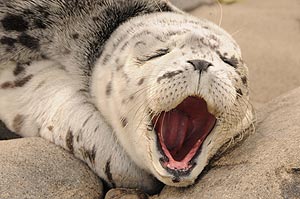
More About Oregon Coast hotels, lodging.....
More About Oregon Coast Restaurants, Dining.....
LATEST Related Oregon Coast Articles
Oregon Coast, Valley and Likely Washington Coast to Get Some Aurora Borealis ... |
Back to Oregon Coast
Contact Advertise on BeachConnection.net
All Content, unless otherwise attributed, copyright BeachConnection.net Unauthorized use or publication is not permitted
Secrets of the Season |
Unusual Travel Articles TravelParanormal.com allows you to submit your own creepy tale or debunk one - or see up-to-the-minute news headlines about travel and the paranormal. News Headlines from All Over Oregon Need to scan Oregon headlines? Constantly updated news from all over Oregon: a comprehensive, up-to-the-minute display of news headlines from a variety of media Oregon Coast Oceanfront Lodging, Hotels, Rentals |



